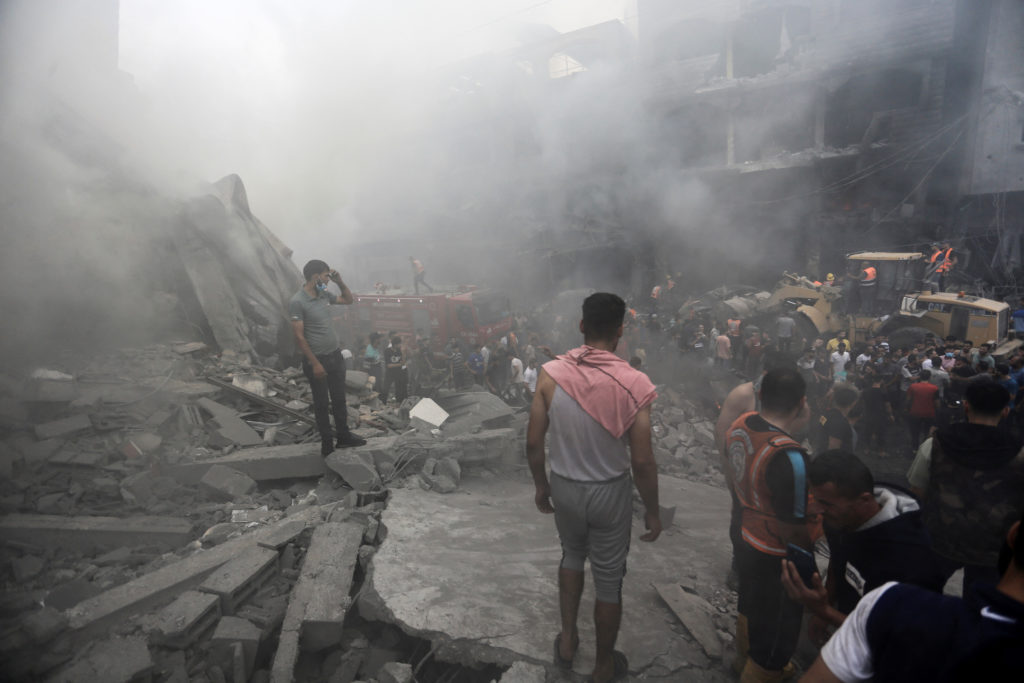CHICAGO (AP) — In a notable legal clash, leaders from Illinois have taken to the courts to contest President Donald Trump's initiative to deploy National Guard troops to Chicago. The move follows a series of aggressive immigration enforcement operations in the city, which is the third largest in the United States.
Hours before the lawsuit was filed, a federal judge in Oregon had ruled against the deployment of similar troops to Portland, raising questions about the legality and appropriateness of such military interventions.
Federal authorities have framed cities like Chicago as sites of lawlessness, justifying military involvement. However, local officials argue that this escalates tensions and is unnecessary.
Governor JB Pritzker described the deployment as akin to an 'invasion,' urging Texas Governor Greg Abbott to halt the proposed move. In contrast, Abbott defended the national strategy as a necessary measure to safeguard federal workers amid heightened enforcement efforts.
Pritzker's lawsuit claims that the President's actions represent an unlawful 'war' against Illinois, emphasizing that state residents should not have to endure threats of military presence simply due to political disagreements with federal leadership.
Chicago Mayor Brandon Johnson took an additional step by issuing an executive order preventing federal immigration agents from utilizing city-owned properties for enforcement operations.
The sight of armed federal agents conducting arrests in urban areas has raised alarm among residents already anxious about the impact of recent immigration crackdowns, especially in neighborhoods with significant immigrant populations.
In Oregon, U.S. District Judge Karin Immergut questioned the legitimacy of the troop deployments, particularly after previously ruling against them. Her response underscores the legal complexities and challenges posed by such military interventions under controversial circumstances.
While federal officials maintain that violent crime justifies these measures, local leaders and communities have expressed widespread concern, calling for a halt to what's seen as counterproductive military action.
This legal battle reflects broader tensions between state and federal authorities, particularly regarding immigration policies and community security.






















